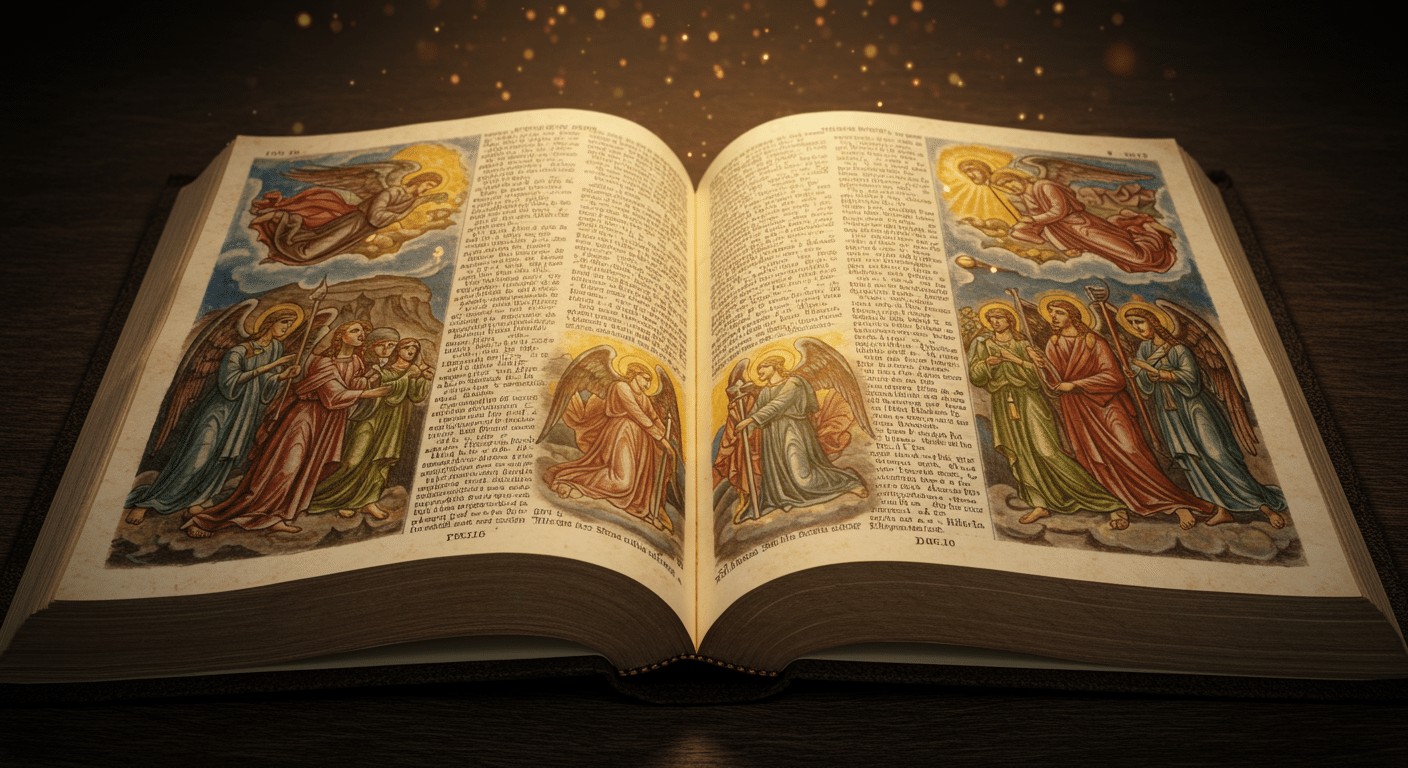The Apocalypse or revelation of Saint John is a profound text that captivates and perplexes readers alike. Often viewed through various lenses, this book offers a unique insight into the nature of divine judgment and hope. Understanding its messages is essential, not just from a theological standpoint but also for personal reflection.
In this article, we will explore key aspects of the Book of Revelation, shedding light on its authorship, central themes, and relevance to modern readers. Through this exploration, we hope to deepen your understanding of the Apocalypse or revelation of Saint John.
Who is John that wrote the book of Revelation?
St. John, traditionally identified as the Apostle John, is credited with writing the Book of Revelation. He was one of the twelve apostles and is often referred to as the “beloved disciple.” His close relationship with Jesus provides a unique perspective on the events described in the text.
John was exiled to the island of Patmos during a period of persecution under the Roman Empire. This exile, far from his community, served as a backdrop for the visionary experiences that would become the Apocalypse or revelation of Saint John.
Despite the challenging circumstances, John’s writings reflect a deep sense of hope and assurance in God’s ultimate plan for humanity. His unique voice and authority lend credibility to the profound messages contained within the book.
What is the main message of the book of Revelation?
The main message of the Book of Revelation revolves around the themes of divine judgment, salvation, and the ultimate triumph of good over evil. Central to this narrative is the promise of Christ’s return and the restoration of creation.
John emphasizes the importance of perseverance among believers, encouraging them to remain faithful amid trials and tribulations. The text serves not only as a warning about impending judgment but also as a source of hope and encouragement for Christians facing adversity.
- The sovereignty of God over history.
- The call to repentance and faith.
- The assurance of eternal life for believers.
Through rich symbolism and vivid imagery, the Apocalypse or revelation of Saint John invites readers to contemplate the nature of divine love and justice.
When was the book of Revelation written and by whom?
The Book of Revelation was written during a time of intense persecution for Christians, likely around AD 95-96. John, in his exile on Patmos, penned the text to address the challenges faced by early Christians. This timeframe places the writing several decades after the resurrection of Christ, a period characterized by both growth and adversity within the early Church.
John’s primary audience consisted of the seven churches in Asia Minor, each facing unique challenges. His letter aimed to provide encouragement and guidance, reminding them of God’s promises and the importance of remaining faithful.
The historical context of the Apocalypse or revelation of Saint John is crucial for understanding its messages today. It reflects both the struggles of early believers and the timeless nature of faith amid persecution.
What are some distinctive features of this book?
The Book of Revelation is renowned for its distinctive features, primarily its use of symbolism and apocalyptic imagery. This style sets it apart from other New Testament writings, making it a unique piece of prophetic literature.
- Symbolic Language: John employs rich metaphors and symbols to convey profound spiritual truths.
- Visions and Revelations: The narrative is structured around a series of divine revelations, often described in vivid detail.
- The Seven Churches: The letters to the seven churches serve as both critique and encouragement, highlighting the issues each community faced.
These features contribute to the book’s complexity and depth, inviting readers to engage with its messages on multiple levels. Understanding these distinctive elements is essential for a comprehensive grasp of the Apocalypse or revelation of Saint John.
What themes are present in the Apocalypse of Saint John?
Numerous themes interweave throughout the Book of Revelation, reflecting the complexities of faith and divine purpose. Among the most prominent themes are:
- The Sovereignty of God: God’s ultimate authority is asserted through the unfolding events.
- The Conflict Between Good and Evil: The narrative depicts the ongoing struggle between divine forces and evil powers.
- Hope and Redemption: Central to John’s message is the assurance of hope for believers.
These themes resonate with readers today, offering insights into spiritual resilience and the promise of divine justice. The book serves as a reminder of the enduring nature of faith and the transformative power of hope.
How does the Apocalypse of Saint John relate to modern readers?
The relevance of the Apocalypse or revelation of Saint John extends beyond its historical context, offering invaluable insights for modern readers. In a world rife with uncertainty and turmoil, John’s message resonates strongly.
Many contemporary believers find solace in the themes of perseverance and hope articulated in the text. The promise of Christ’s return offers reassurance amid personal and societal challenges, encouraging individuals to maintain their faith.
Furthermore, the book’s rich symbolism allows for varied interpretations, inviting readers to explore its depths in light of their own experiences. This adaptability enhances the book’s significance, making it a source of inspiration for individuals seeking meaning in their spiritual journeys.
In summary, the Apocalypse or revelation of Saint John provides timeless lessons that continue to inspire and challenge believers today. It serves as a reminder of the enduring power of faith, hope, and the call to remain steadfast in the face of adversity.



